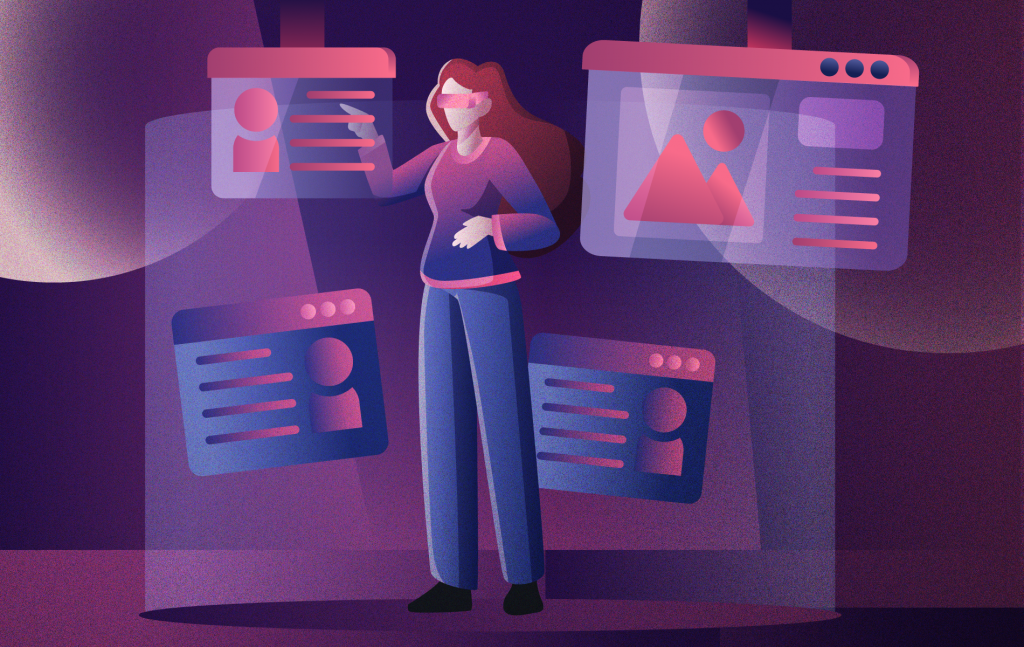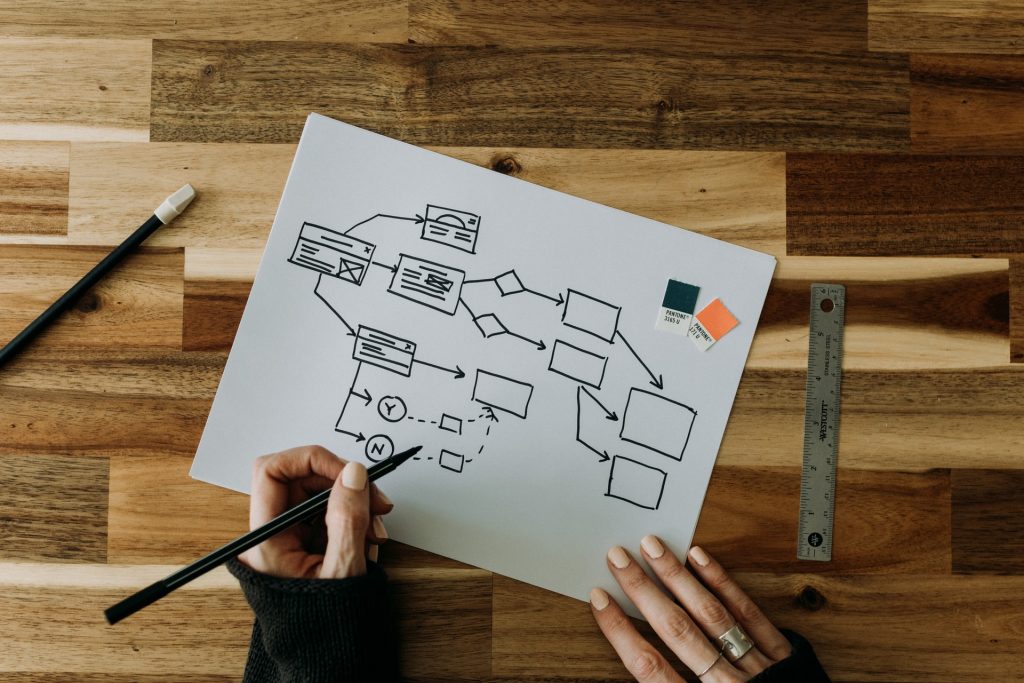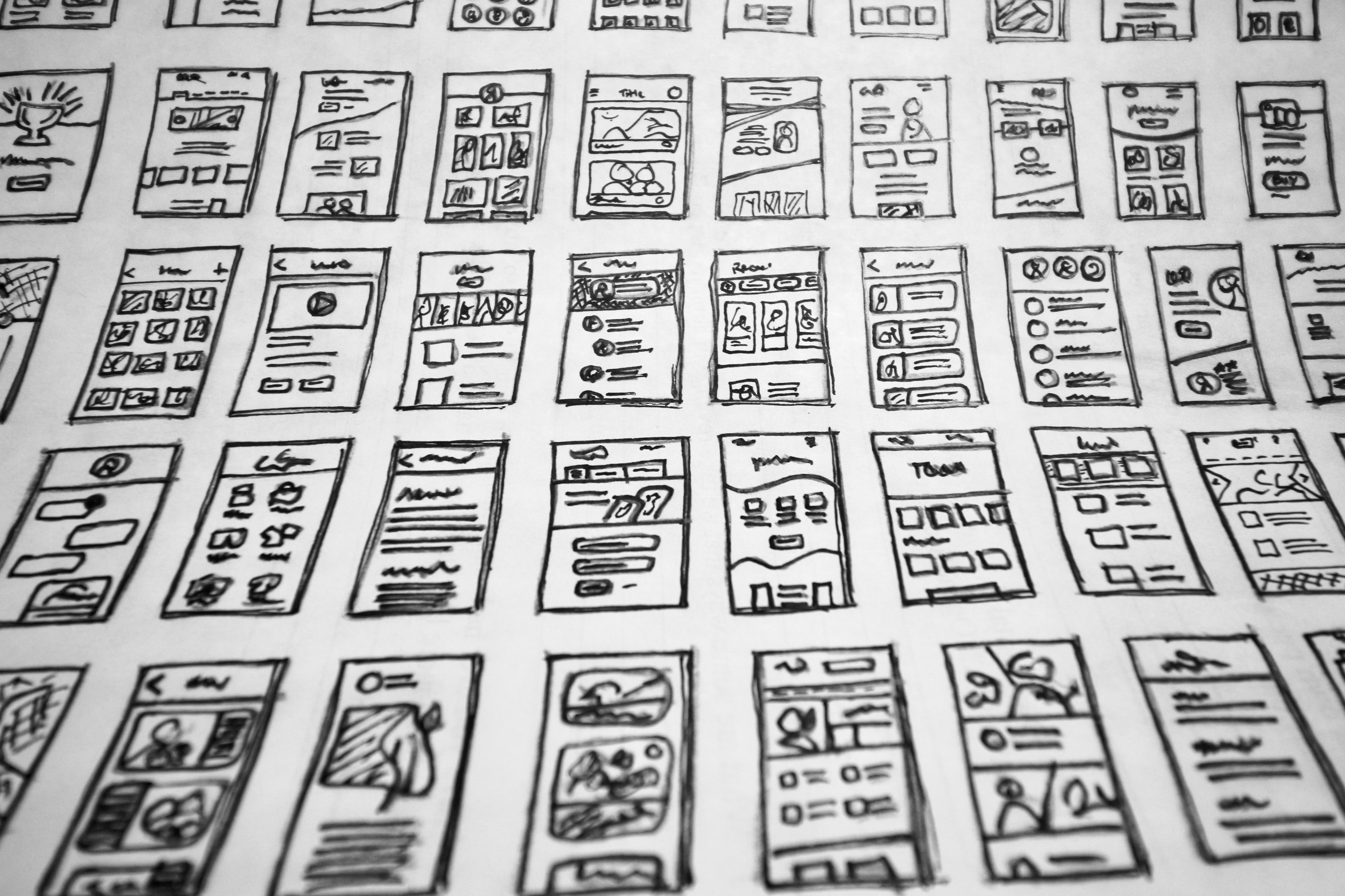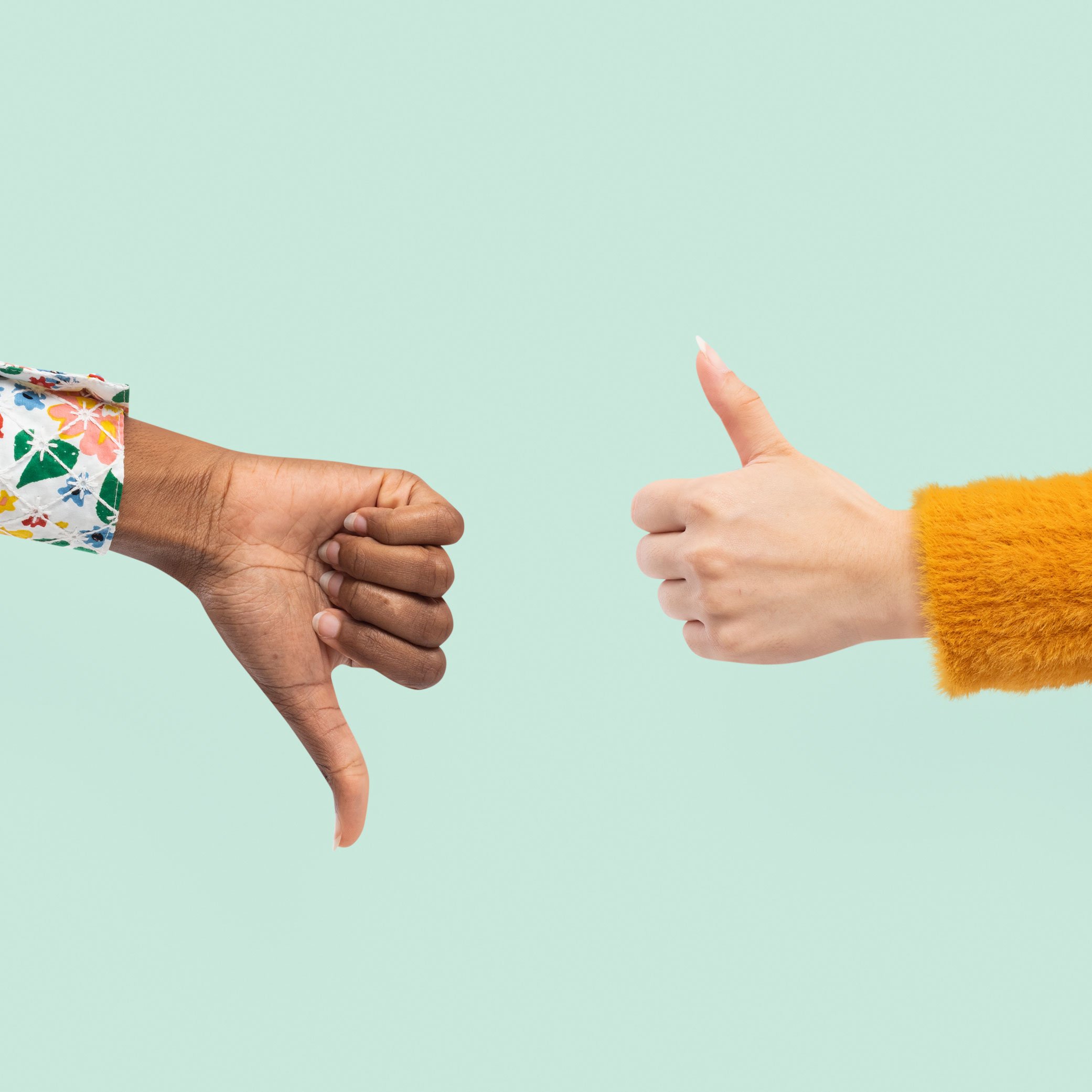Behavioral Design is the Future of UX
For an app or software product to be successful, users have to actually use it. How many times have you heard horror stories of companies building an...

In the modern landscape of technology, there is a ton of competition. And the hard truth is—no product can succeed without an excellent UX Designer.
You already know that hiring the right UX designer for your team is vital to the success of your new website launch or mobile app. You’re looking for someone with the competence and experience that make them the best candidate for your specific project.
But deciding on the right UX design interview questions can be difficult. No worries! We’ve assembled a list of the perfect UX interview questions to ask your candidates. With these questions, we’re confident you’ll get lucky and find the perfect fit.
A solid, simple question right at the start that not only makes a great icebreaker in any UX designer interview (or any other interview for that matter), this inquiry does more than give you a great introduction to your candidate.
It pays in the early stages of your interview to learn about your prospect’s past experience and what they’re capable of. A resume can’t say everything about their skills and experience, how they first entered the field, and their journey since then.
The goal of this question isn’t for your candidate to rattle off the dictionary definition in the middle of the interview—you want to see that the candidate understands the field and why it matters. You also want to get a sense of their passion for their career.
First and foremost, you want to see a desire for UX Design that focuses on the customer and their needs in order to provide value.
This question is more important when hiring for a permanent position rather than freelance. It not only helps you gain insight into your candidate’s pain points in previous jobs, but it also shows you whether or not they’re looking for the kind of role you can provide and if both of you can succeed through this partnership!
This question also helps you assess the risk of hiring them. We all know onboarding is expensive, and a candidate who could get frustrated and leave just after you hire them may not be worth the time.
This question allows your candidate to prove their mettle and understanding of the industry. It shows whether or not they can recognize good UX work when they see it and if they can easily define the qualities that make it so.
If the candidate brings up user-centered products that go beyond a simple wireframe, by incorporating usability, branding, and even functionality, then you know you have asked the right UX design interview questions.
You need an employee who can improve the overall user experience and make everything come together. You aren’t asking UI/UX interview questions, but UX specifically, and you need a candidate who understands that.

Asking UX interview questions shouldn’t make you feel like an interrogator. This question gives the candidate some time in the spotlight, with the chance to celebrate their wins, share projects with challenges they overcame, or even hold sentimental value.
It also provides you with a natural segue into the candidate’s portfolio, allowing you to compare their work to the kind of material you’re looking for.
This is a challenging question, but an important one. This query gives the candidate the chance to prove they can take criticism from fields that aren’t their own. UX is a team game, and this is one of the most critical user experience interview questions.
This question lets you see if your candidate is truly a team player who can collaborate, which is often just as, or even more important, than their skills and competency. An excellent answer to this question will show you if they can understand other perspectives, even when they disagree.
It also shows you if they know how to stand their ground respectfully—because sometimes that’s equally important! A good UX Designer must know how to compromise, but they also have to know when and how to stick to what they know is the right decision.
In this case, you aren’t looking for complaints, but constructive solutions that prove the candidate can articulate the underlying issues and how to improve them. Both are an essential part of any process.
This one varies based on the project’s needs. You might need someone who can:
The best candidates can adapt to the design goals and specifications of the project at hand.
Let them show they’ve done their research, engaged with your company, and know how they can hit the ground running.
It’s a preview of the value they’ll bring to your team and their communication style when it comes to giving constructive feedback. Are they confident? Bold? Respectful? Or are they condescending? These things matter when choosing a new employee.

Ideally, you want someone who sees UX as more than a job, but also as a passion. Their answers to your UX interview questions are the perfect way to see if this is the case. If they try to predict the future of UX based on new and current trends, they’re passionate about their craft and in tune with where the industry is going.
It also gives you the chance to ask about any blogs or literature they follow to see if they take the initiative to continue learning.
A hands-on interview prompt proves they can do more than talk the talk. Performance under the pressure of an interview can simulate a real crunchtime environment and give you the chance to see their process and how they handle stress.
It’s also a chance for the candidate to show how they learn about desired outcomes and factors to consider and provide an example of the minimum quality you can expect — important stuff when a project deadline rolls around!
This question might seem like a simple closer, but it’s actually far more. It shows the candidate has engaged with your company and is interested in what you, in particular, have to offer them.
An in-depth response shows they’re interested in exploring what you have to offer them and are considering you as a company—not just going through the motions of interviewing.
Ultimately, you should use this list as a guideline, not a script. Every project has its own needs, and above all, it’s important to tailor your questions to the project and the candidate.
For more information about the way a great UX designer can make things happen, we’re happy to answer any questions.
Explore Designli's UX/UI Design Services →
You might also like:
Subscribe to our newsletter.

For an app or software product to be successful, users have to actually use it. How many times have you heard horror stories of companies building an...

The idea stage is the perfect time for market research and researching your competition. You may have a rock-solid idea that you think will blow the...

If you’ve ever used apps like eBay, iRobot, and Google Pay on your iPhone or Android device, then you’ve experienced Flutter application development....
Post
Share